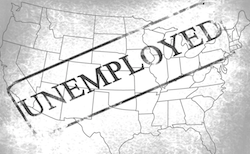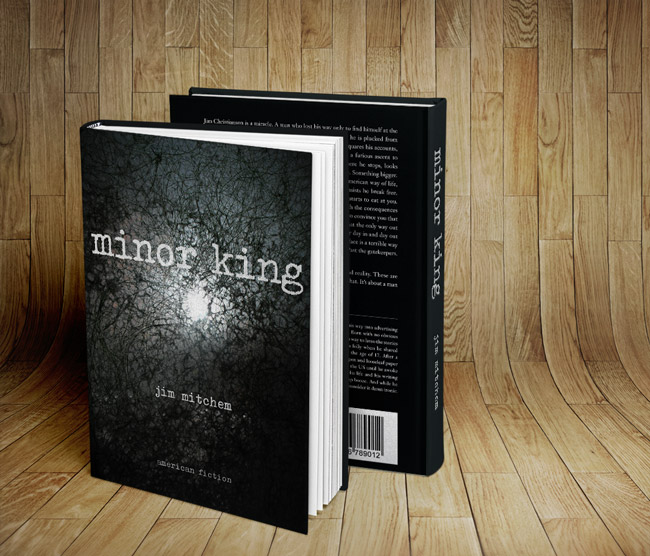
They call it social media for a reason. Only now, some of the platforms are a lot less social.
No matter what anyone tells you, there’s no “right” way to use Twitter. Twitter is a platform of authenticity. Your Twitter canon reveals everything about you. If all you tweet links, you look less human and more robotic.
Back in the day, skeptics of Twitter would say, “I don’t care what someone is having for breakfast, why would I use Twitter?” Except that to me, when someone would share stuff like that, they were sharing their life and the experiences they have. No one only ever tweeted what they had for breakfast. They also tweeted about their frustration with politics. The stupid funny stuff their kids would do. Their joys, fears, and anxieties. Twitter was a miraculous platform for meeting people. No, really meeting them. Getting to know them and becoming friends.
Now, this once amazing platform of serendipity is mostly used for news feeds and celebrity worship. Again, not that this is wrong. Twitter has never just stood still. It’s always been evolving. And it will evolve past its current state at some point too. Trust me. Which means that if you’re someone who tweets links all day because that’s what it seems like everyone else is doing, then when it changes again, you’ll be stuck.
I joined Twitter and Facebook in 2008 after Barack Obama started using digital media to mobilize masses around his messages. I was fascinated with the concept of real-time hyper-connectivity. But sometime around 2010, as the cool kids dissed Facebook for its security issues and rigid newsfeed algorithms, the serendipitous playground of Twitter was changing. And the thing is, we all saw it coming.
 During the throes of the Great Recession, when everyone was out of work, throngs of people migrated to the social platforms because, well, it’s fun meeting new people. And we had the time to do so. As a result, we used to have long discussions on Twitter that lasted hours. Even days. I remember debating Olivier Blanchard for a week about the actual nomenclature “Social Media.”
During the throes of the Great Recession, when everyone was out of work, throngs of people migrated to the social platforms because, well, it’s fun meeting new people. And we had the time to do so. As a result, we used to have long discussions on Twitter that lasted hours. Even days. I remember debating Olivier Blanchard for a week about the actual nomenclature “Social Media.”
But then people went back to work. And suddenly anyone with a Twitter account and a following of a few hundred people became social media expert marketers. It didn’t matter what background they had before, whether they were accountants, nurses, construction workers, or stock brokers, anyone who tweeted was an authority to those who didn’t. And the louder they were about stating this authority, the more people took them seriously. Then these folks figured out how to monetize their newfound digital fame by establishing that Twitter was really a marketing platform—ripe for the picking by smart brands. They wrote books on it. They went on speaking tours about it. They parlayed their few hundred followers into legions of people who agreed with them, and so the idea of using Twitter as a marketing tool stuck.
Right around the same time, newspaper journalists were losing their jobs because the papers they worked for believed that they were too big to fail, and didn’t plan for the digital revolution even though it was occurring right before their eyes. That’s when Twitter became a news feed. Suddenly, everyone was a scoop.
Finally, when celebrities decided that they could safely interact with their fans and grow their fame, things really took off. Proud that these high-profile people (not just us dregs) were attracted to the platform, Twitter started recommending that new people follow these celebrity accounts.

And that’s what Twitter is now. A news and content feed for brands, reporters, and celebrities. If you joined after 2010, that’s pretty much all you know it as ever being. And so that’s why you use it to advance your personal brand, and your commercial endeavors. For you, random dialogue is weird. Why would anyone care what some stranger has for breakfast? It’s safer just to tweet links.
In 2015 I decided to give Twitter a serious look to probe and see if there’s still any life there. Eight months in I’ve decided that for the most part, there’s not. No, I don’t have the time to use it like I used to—spending hours a day meeting new people. And yes, I tweet links to my blog. I’m a writer. It’s my art. Sharing it is important to me. It’s just that people don’t care as much about observations and stories anymore. Maybe they never really did and we were all reading each other’s stuff because there weren’t any “Five Ways To …” posts by gurus, selfies by celebrities, and hot news stories by wannabe reporters–yet. Because that’s what people on Twitter retweet and share these days. And it’s cool. Twitter continues to evolve. Right now it’s just less about serendipity and more about shock and awe.
And don’t even get me started on LinkedIn.
Which is why if you really want to know who I am, these days you’ll find me on Facebook in my safe little insulated shell where real dialogue takes place. For now.
***
Note: My original Twitter account (@smashadv) was attacked by hate groups in January 2009 after my endorsement of Barack Obama during his inauguration (as documented in Shel Israel’s book “Twitterville.”), so I stopped using it and started @jmitchem. Which I still use. For now.

DA Schweiss
Aug 23, 2015
I agree that Twitter has changed significantly since I joined it in 2009/2010, when it was a great place to converse and meet people as you said. I’m still friends with several people whom I met on Twitter, but I don’t do much with Twitter these days. Like you, I’m mostly on Facebook, but I have my privacy locked down so much that meeting people doesn’t happen outside of groups. The social part of Social Media takes more time and effort than I have available, sadly.
Good luck with your writing! I make a special effort to read your posts, even if I’m not as social as I used to be.
Unrequited Correspondence obsessed with conformity
Sep 1, 2015
[…] doing that today.) There was even a time a few years ago when social media was shiny and new that we embraced the idea of serendipity–understanding that the next great idea or friendship could come from virtually anyone […]